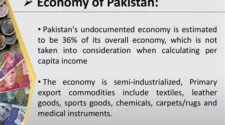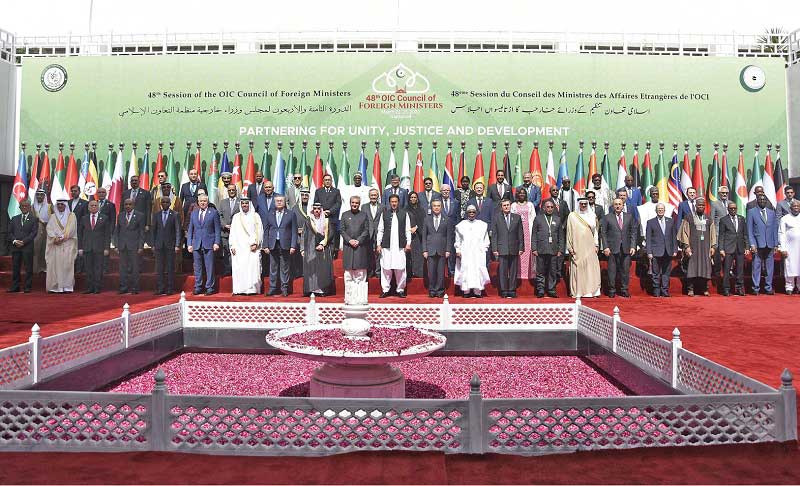By: Seerat Fatima
BS Health Nutrition
University of Okara
Ideal leadership is what we can learn from Prophet Muhammad (PBUH) and his companions. There is no better role model for leadership than him. The sign of a successful leader can be seen in who they consider to be their role model. The companions of Prophet Muhammad (PBUH) followed in his footsteps and ruled successfully for years. A leader who follows the teachings of Prophet Muhammad (PBUH) and conveys his teachings to the people can be called a successful leader. The measure of a leader’s success lies in how they prioritize the welfare of their people and how they adhere to principles such as justice, ethics, transparency, and accountability.
In the field of political leadership, a leader’s primary concern is the general public. They put forward their ideology, views, perceptions, philosophy, and ideas to the people. They listen to the problems of the people and make every effort to solve them. Political leaders require authority to address the issues faced by the people and they should use their power for the benefit of the people. People entrust leaders with high positions through their votes, expecting them to work for the betterment of society. The power of a leader lies in their people. A leader does not abandon the people in difficult times. When the nation faces adversity, a leader shows the way to overcome the challenges and encourages people to fight against them. Similarly, when times are good, a leader guides people towards progress and welfare, empowering the nation to solve its own problems. This ensures that the people of a nation never become slaves to anyone.
Just as a leader stands with the people during difficult times, the people stand by the leader during their hardships. The people provide authority to the leader and support them to prevent their downfall in politics. A leader plans meticulously and carries their team (political party) along with them, ensuring that every decision is executed effectively. They listen to the opinions of their team and make well-thought-out decisions that are firm and resolute. A leader’s team is their right hand, and the people are their greatest strength.
While Islam does not explicitly provide laws on politics and democracy, it offers principles of justice, consultation, and accountability that can be applied to establish the best democratic system. Islamic sources contain guidance on how to run a just and fair society. Historical examples of great leaders who followed Islam’s teachings can be found in the caliphs who succeeded Prophet Muhammad (PBUH). The caliphs led the Muslim Ummah as political successors and implemented a governance system aligned with Islamic principles.
Prophet Muhammad (PBUH) conveyed the message of monotheism (Tawheed) from Allah, emphasizing the worship of one God and unity among people. He emphasized that no one should be prioritized based on race, caste, or creed, promoting the concept of brotherhood. Prophet Muhammad (PBUH) set an example of unity and highlighted the concept of the Muslim Ummah, recognizing that Muslims could become a great power in the world through unity. The teachings of Prophet Muhammad (PBUH) also encompass ethics (Akhlaq). While people often associate morality with speaking in a polite manner, ethics and morals have broader meanings. Acting morally includes helping the poor, treating people kindly, assisting those in needs, and opposing wrongdoing. Prophet Muhammad (PBUH) taught that the needs of the poor should be addressed, and society should be generous towards the less fortunate. Helping the poor and needy is a great act of social justice.
Prophet Muhammad (PBUH) also emphasized the importance of standing against oppression and working to resolve conflicts through equitable solutions. He discouraged corruption, which involves gaining personal profit through illegal means, as it leads to dishonesty and disloyalty. Corruption undermines the system of justice and fairness by distorting the distribution of resources and opportunities. A leader should be transparent in decision-making processes and accountable to the people they govern. Religious laws (Sharia) were applied by Prophet Muhammad (PBUH) to resolve conflicts. Islamic law provides guidance for Muslims to solve various issues through justice and fairness. Prophet Muhammad (PBUH) elucidated the rights of widows, divorcees, and women’s rights in inheritance. He emphasized the importance of education for women and advocated for the rights of orphans and slaves. He promoted negotiation and the principle of “innocent until proven guilty.” The accused should be given a chance to defend themselves and provide evidence, and if found guilty, they should be appropriately punished. The focus was on repairing the harm caused by the crime and reconciling the parties involved.
Prophet Muhammad (PBUH) also recognized the importance of signing agreements for the sake of peace and betterment. He signed treaties such as Hudaybiyyah and the Constitution of Medina, demonstrating his commitment to honest dealings and fulfilling promises. His companions, including Hazrat Umar (RA), continued to prioritize the welfare of their people and govern based on Islamic laws. Hazrat Umar (RA) established policies that promoted unity among the Muslim Ummah and treated people according to Islamic principles, ensuring equal rights for all, regardless of their social status.
The companions of Prophet Muhammad (PBUH) set an example of good governance and a democratic system by applying the laws of Islam. They implemented these principles and governed justly, providing an example for the rest of the world to follow. Leadership can be learned from Prophet Muhammad (PBUH) and his companions. A successful leader follows the teachings of Prophet Muhammad (PBUH) and conveys those teachings to the people. A leader’s success is measured by their commitment to the welfare of their people, adherence to principles such as justice, ethics, transparency, and accountability, and their role in promoting unity and equality in society.
Author Contact: fatimaseerat916@gmail.com








